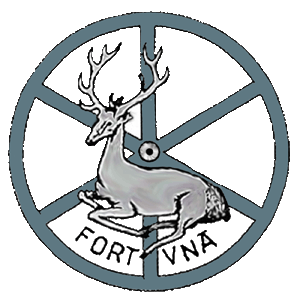John Gower’s Cinkante Balades
Edited and Translated by Peter Nicholson
From the Introduction:
“Together with his own Traitié pour essampler les amantz marietz, Gower’s Cinkante Balades contain the only surviving ballades in French by a medieval English poet. In adopting so distinctively French a form and in forming so coherent a collection, they constituted a bold assertion of Gower’s own status as a poet as he prepared them for presentation to his new king. We have no evidence that he ever made that presentation, however, and even more unfortunately for Gower, he wrote them at just the time that the use of French in England was rapidly declining, and for all we can tell, they lay unread for nearly 400 years. Their fortunes among modern readers have been only slightly better. Out of the mainstream both geographically and linguistically, they have been largely overlooked by readers of French literature, and among readers of English, they have gotten what little attention they have received only from those whose main interest is Gower. They deserve to be better known, not just as a manifestation, if also something of a last gasp, of the international literary culture at the turn of the fifteenth century, but also because of Gower’s contribution to the history of the ballade. While they are consciously steeped in the forms and diction of his continental predecessors, there are also very important ways in which the Balades are unlike Gower’s French models, and while distinctively Gowerian in some respects, they are also innovative in ways that could not be guessed from his longer works.”
The purpose and goals of this new edition and translation are described in the Introduction. Some of the difficulties and remaining puzzles are described in the notes. Placing this work on-line provides an opportunity to improve it and to make it more useful. The editor (nicholson@hawaii.rr.com) welcomes comments, corrections, additions, and suggestions for revision, and if incorporated, all will of course be fully acknowledged.
CONTENTS
Dating, Order and Arrangement
Forms and Themes
Language
The Manuscript
The Edition and Translation
Abbreviations
CINKANTE BALADES
(Click link for PDF of French text, Modern English translation, notes, & commentary for each Balade)
Gower, John. Cinkante Balades. Edited and translated by Peter Nicholson, Feb. 2021, John Gower Society, www.JohnGower.org.
[Download Complete PDF | 18mb]
